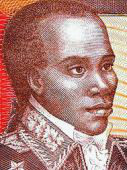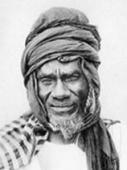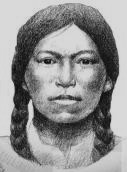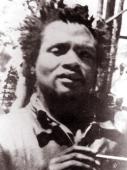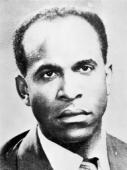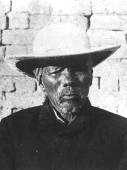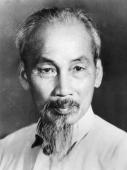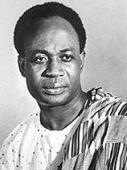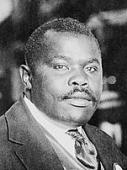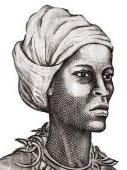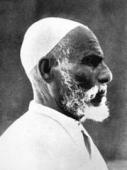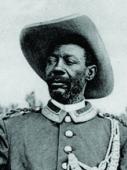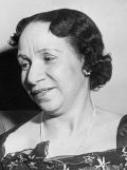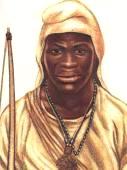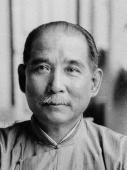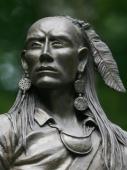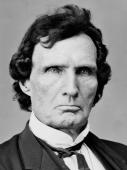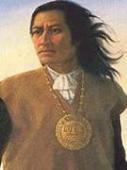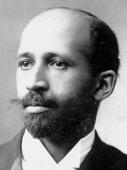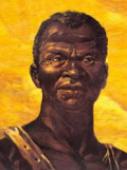Slavery is the first phase of colonialism and, although already present in earlier times, it achieves the greatest development during colonialism.
Estimates of the number of people enslaved in the course of centuries vary widely, but for Africa alone are between ten and one hundred million people (Joseph Ki-Zerbo (1977) History of Black Africa, Torino, Einaudi, p. 274).
Only in the nineteenth century, under the boost of the movement for the abolitionism, it will progressively be abolished.
For further information:
Slavery in the West Indies in the 18th Century
Slavery in British North America
Britain, slavery and the trade in enslaved Africans
The atlantic slave trade and slave life in the Americas: a visual record
The Trans-Atlantic Slave Trade Database
Welcome to Recovered Histories
The history of British slave ownership has been buried: now its scale can be revealed
Middle Passage Ceremonies and Port Markers Project
Legacies of British Slave-ownership
How African Slavery Civilized Britain
A fortune built on slavery: the Bright Family Papers and their journey from UK to Melbourne
The Danish West-Indies - Sources of history
The Treasury’s tweet shows slavery is still misunderstood
Details of horrific first voyages in transatlantic slave trade revealed
Reckoning with Legacies of Slavery and Slave Trade
UK taxpayers were paying compensation to slave traders until 2015
A very English theft: how the countryside was taken from the public, using profits from slavery
Enslaved.org / Peoples of the Historical Slave Trade
Portugal confronts its role in the trans-Atlantic slave trade
What are the British monarchy’s historical links to slavery?

